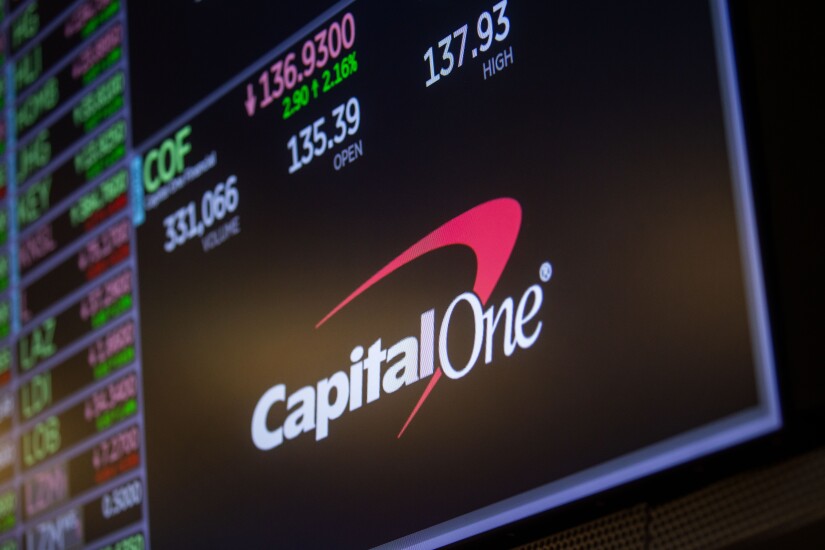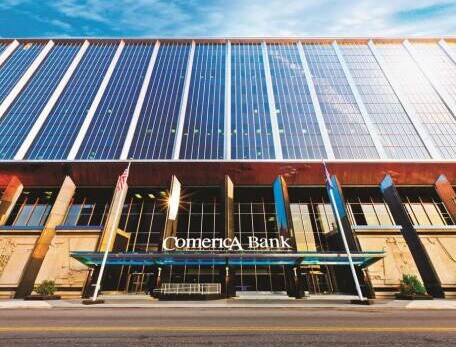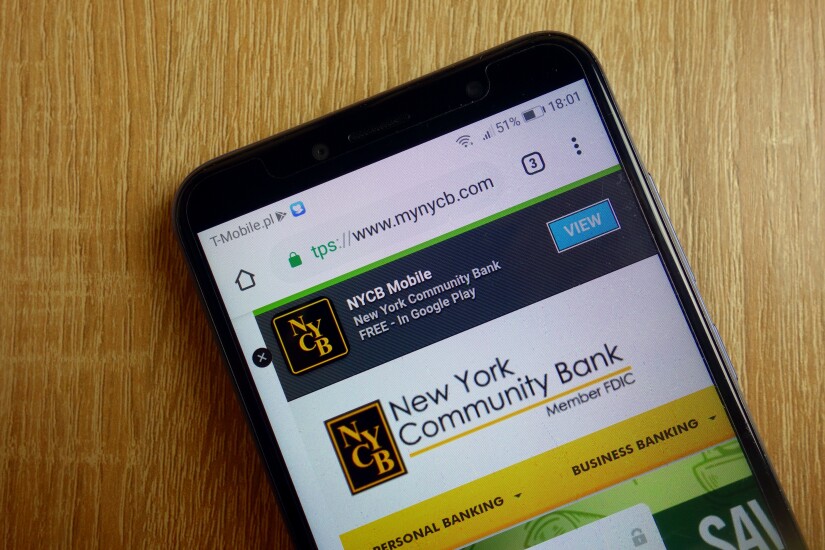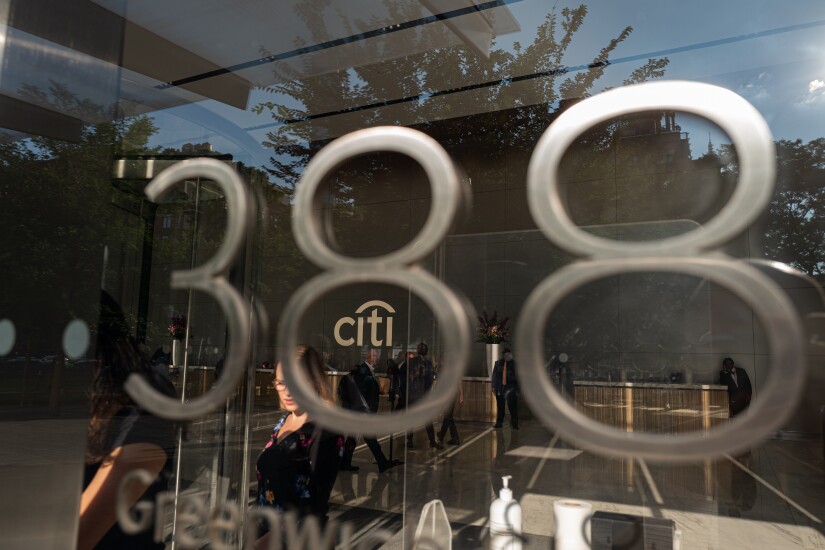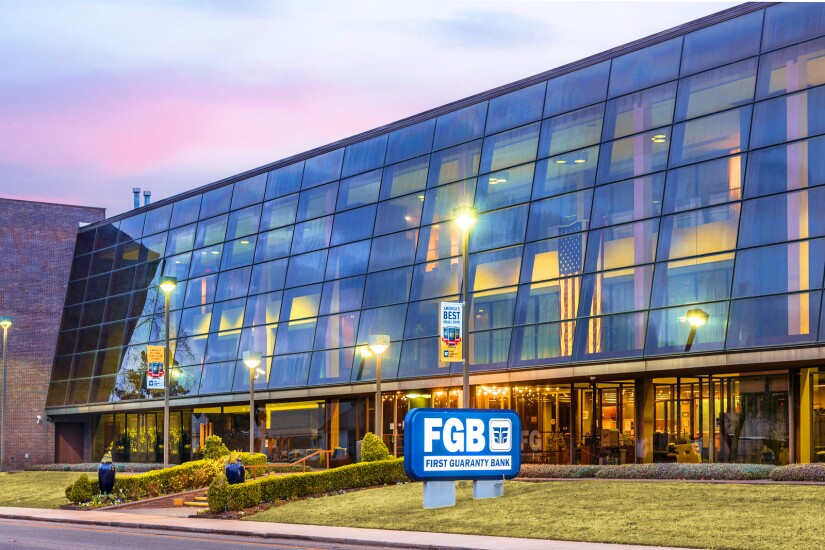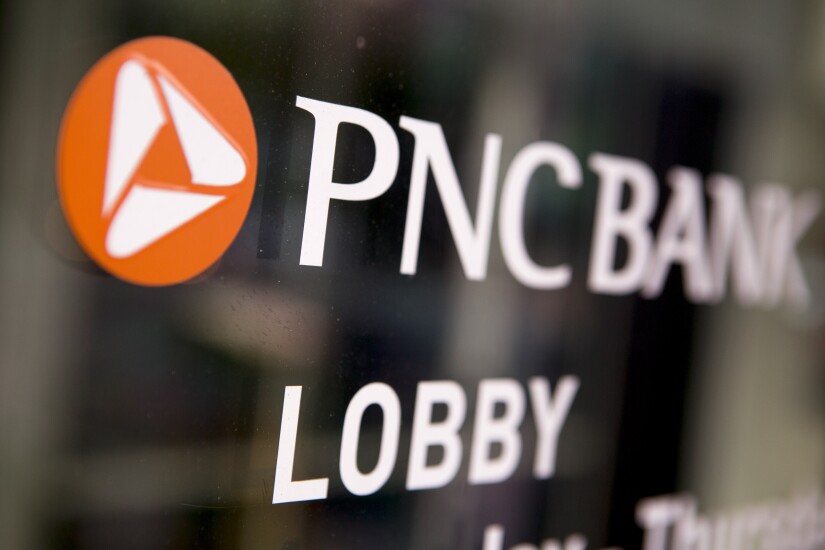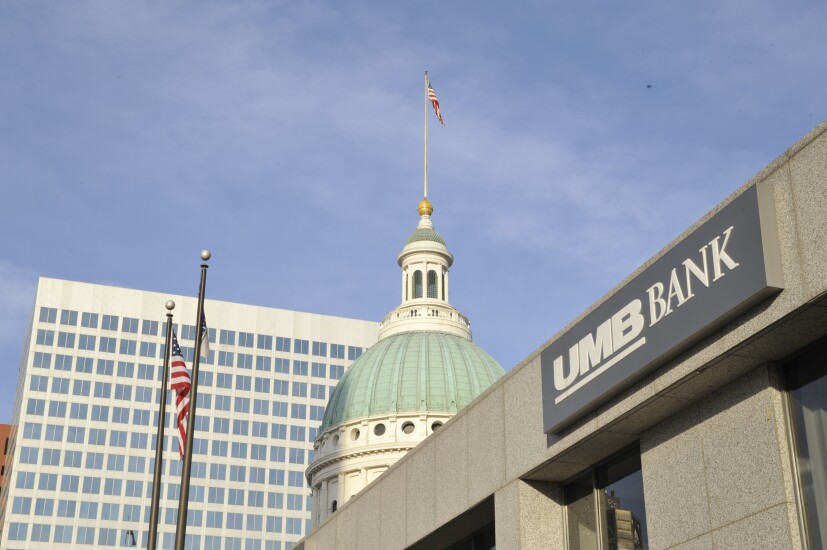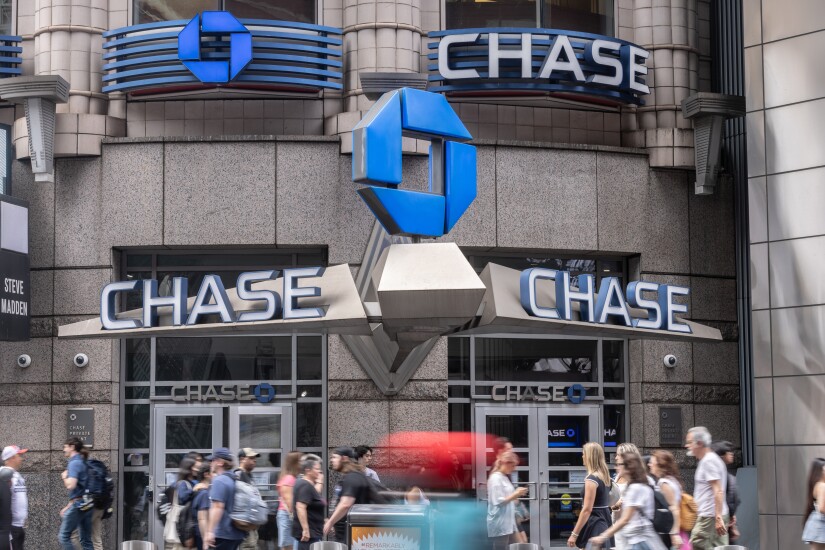Want unlimited access to top ideas and insights?
The
Net interest income has been a particularly important area of impact, as seen in Comerica Bank's second-quarter earnings report. The Dallas-based bank's share prices fell last month in response to its 2024 net interest income guidance that dropped 14%, which, according to Citigroup analyst Ben Gerlinger, was more severe than previous projections.
Truist Financial was another institution that saw a dip in net interest income, recording a $77 million or 2.1% decrease year over year "primarily as a result of higher funding costs and lower earning assets,"
Not all were hampered by the continued inflation, with some institutions continuing to report record levels of growth since before the rate hikes.
Through strategic acquisitions of
"It is a fundamentally different bank," Casey Haire, an analyst at Jefferies, told American Banker's Catherine Leffert. "[But] the conservative approach of the Holding family has not changed at all. There has been no change in the conservative balance sheet culture at the top of the house. They are just now in a different business model, and in the innovation market."
Other notable results include New York Community Bancorp's proposed sale of its residential mortgage servicing business to Mr. Cooper, First Guaranty Bancshares laying off 15% of its workforce and more.
Read on for second-quarter earnings highlights showcasing how many of the major U.S. banks fared and what market factors contributed to their performance.

